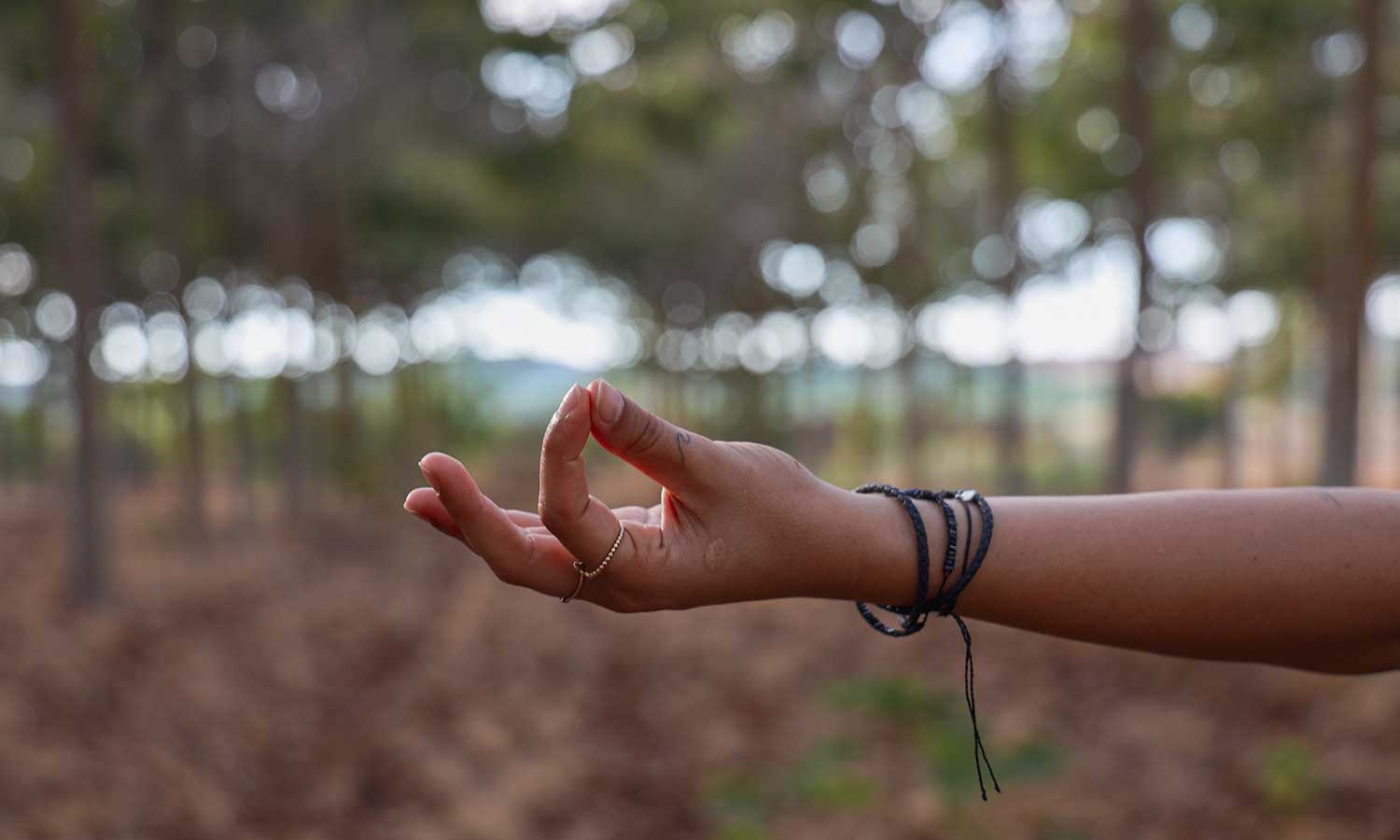#metoo. This little hashtag has paved the way for women everywhere to feel like they’re not alone. Sadly, I’ve heard many people question the validity of these claims. They question the motivation behind these accusations. How would a man have assaulted someone and not remember? He’s denying it so she must be lying. It’s been years why is she just coming out now?
As a therapist, I have heard some version of the following phrase more times than I can count: “I haven’t told anyone this, but when I was 8 years old…” (insert any sexually traumatic memory). So why do women wait to share? Don’t we want justice? Don’t we want to let others know? There’s many answers to these questions, but the one that I have found to be the most consistent is simple: lessons.
From our individual beginnings we learn lessons, teaching us how to interact with others, how to communicate, how to express emotions, who to trust, how to view ourselves, others, and the world. We learn how to respond to stress and we learn what’s normal. This is a biggie. We learn what’s normal. We aren’t born with a “normal” blueprint. We are taught that our opinions and feelings are invalid (“because I said so”), we are taught how, when, and to whom to share experiences and emotions (“that’s nobody’s business,” “I’m too busy to pay attention right now”), we are taught about gender and sexuality (“boys will be boys,” “all boys think about is sex”). These lessons build our perception of self worth and our moral code.
These lessons run deep so that many of us question the ripple effect of something so violating as lack of consent and sexual assault. “What if no one believes me?” (I’ve heard many women say that as a child they told an adult about a sexual assault but nothing was done or they didn’t believe them or they didn’t want to attract the “wrong” kind of attention). “A part of me liked it, so it can’t be wrong can it?” (We blame ourselves for a physical reaction, and if it felt good and I was getting attention, then it can’t be wrong right?) “He’s a boy, that’s just what they do.” “All boys think about one thing all the time, so boys will be boys.” Let me share a story with you.
A 15 year old girl was walking down a school hallway (after school) with a male friend. This friend was a year younger than her, though significantly physically larger. He went to her church and was a part of her youth group. Paints a nice picture doesn’t it? As the two were walking, the boy pushed this girl into an ice room near the locker rooms, closing the door behind him. The girl laughed at him. He then pushed himself against her (boner and all), shoving his tongue down her throat. The girl stopped laughing. She knew this was not right. She pushed him off her body and walked out. As she was sitting with her friends later in the afternoon, the boy approached the group and sat down (after all, they were all friends from church). The boy completely ignored the girl, though at times gave her dirty looks. The girl was confused. Did she do something wrong? Why was he acting rude and hurt when she was the one who was violated? This didn’t make sense, but the boy quickly distanced himself from her in all situations and did not speak to her again. The girl didn’t say anything because boys are just all hormonal sex machines, right? It wasn’t that big of deal right? All boys think about is sex so it’s normal right? He didn’t really do anything that bad, right?
Here’s the truth: this sort of thing happens all the time. This experience was nowhere near what many women have shared in my private practice or are voicing on a larger scale, but it feels good to say out loud. I know that if I shared this memory with that boy he may not even remember this happening. Why is that? I offer two reasons: 1 Protection. He does not want to admit that he violated someone in this manner. Let’s face it, it doesn’t feel good to own up to being the attacker. The 2nd reason is much simpler. It didn’t happen to him. He was not the one violated, so why would his brain hold on to an experience like this?
The truth is, we don’t need to spend our time trying to convince the world of our stories. We don’t need to keep replaying them. But we have to get them out so we can move on, freeing ourselves from the shackles of harmful lessons learned and make it known that even though this happened in the past, it’s not ok and no, we’re not “over it yet.” We’re learning new lessons while simultaneously offering a lesson to others. An opportunity to challenge.
Before we judge accusers and call them liars, consider the years of courage and bravery it sometimes takes to say this out loud. Consider the unlearning of lessons of normality that have to be challenged. Consider the anxiety, fear, confusion, and shame the woman has experienced about the violation. Consider the inner battle waging and the heat that honesty can bring. Consider being called a liar about a painfully traumatic experience and how that could possibly feel.
As a therapist, my work focuses on helping people heal from trauma. Sadly, the majority of this trauma is sexual in nature. Even though it sometimes takes women years to share, maybe we can guide the next generation toward openness. Toward respect. Toward acceptance. Toward validation. Toward normalizing consent. Maybe we can work me out of job.
Shame. Self blame. Alone. Lack of support. Normalizing. Boys will be boys. Embarrassment. Feather ruffling. Let’s enter into this period of consciousness fully awake. Let’s support one another in finally having the courage to speak out. Let’s hold the space for honesty and sharing, without judgement, attack, and blame. Let’s have empathy. Compassion. Kindness. Connection. Integrate yourSelf to this new era by diving into your triggers and reactions to the #metoo movement. Awaken to the lessons you’ve learned about your body, sexuality, consent, and honesty. Let’s learn new lessons by challenging what no longer serves us. Let’s question our own lessons, not the stories of others.








